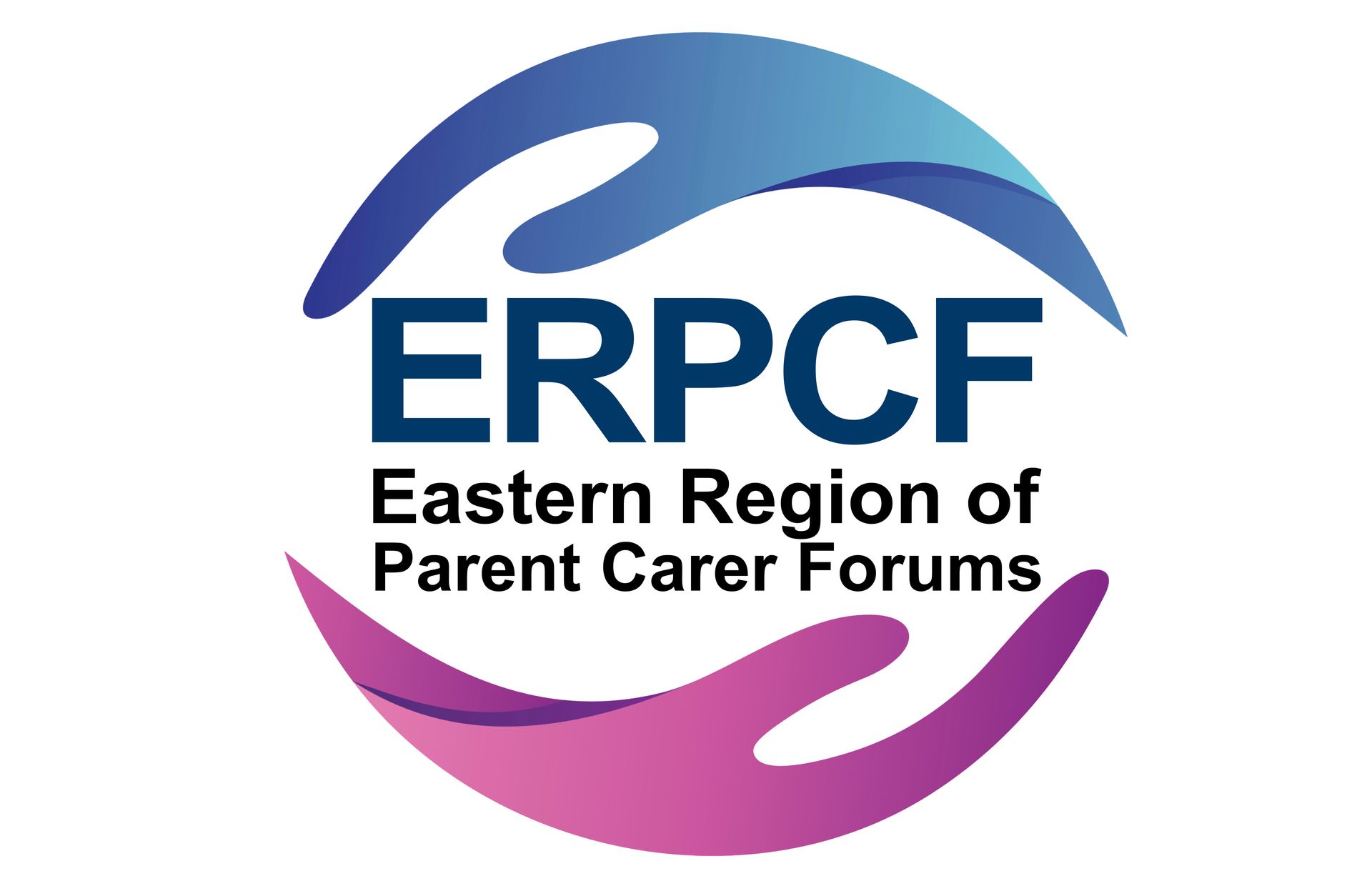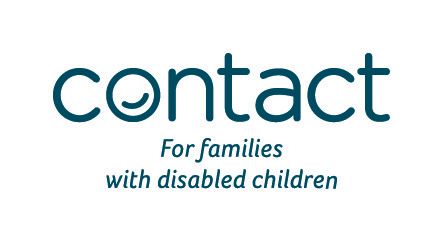Universal Credit childcare support to come this June
Universal Credit childcare support to come this June
An increase to the payment that eligible Universal Credit claimants can get towards childcare costs will arrive on 28 June 2023, the Department for Work and Pensions (DWP) has announced.
The payment increase will allow eligible parents to claim up to £951 per month for one child and up to £1,630 per month for two or more children to cover childcare fees. This is up from £646.35 per month for one child and from £1,108.04 for two or more children.
This extra allowance is known as the childcare element of Universal Credit. It can cover up to 85% of a claimant’s childcare costs, up to the maximum amounts noted above.
Also from 28 June, parents on Universal Credit who are moving into work or significantly increasing their working hours will receive help with childcare costs upfront, rather than in arrears.
Eligibility for the childcare element
To qualify for the childcare element, you (and your partner, if you have one) must normally work. Any number of hours of work will do.
You may also qualify if you work and your partner is unable to provide childcare, either because they are incapable of work, or because they provide regular and substantial care to a disabled person (and are eligible for Carer’s Allowance).
Not enough urgency to tackle lack of specialist places and higher costs
Chancellor Jeremy Hunt first announced these Universal Credit childcare support reforms in his Spring Budget earlier this year.
At the time, we said: “The Budget focused on getting people back into work. But it missed a large section of the working population: parents with disabled children. Help towards childcare costs through Universal Credit and for one- and two-year-olds is welcome, especially as childcare costs are eight times more for a disabled child. There were also some sensible proposals to address the huge gaps in the childcare workforce.
But the urgency and ambition required to deal with the scale of the problem was not there.
“Our Counting the Costs research found a combination of lack of suitable childcare for disabled children and prohibitive costs force parent carers to give up jobs and careers. We need a childcare workforce trained to meet the needs of disabled children.
This will ensure there are enough specialist places in all areas across the UK. And we need targeted financial help for families with disabled children who face significantly higher costs for childcare.”
Credit - Contact for families with disabled children.










